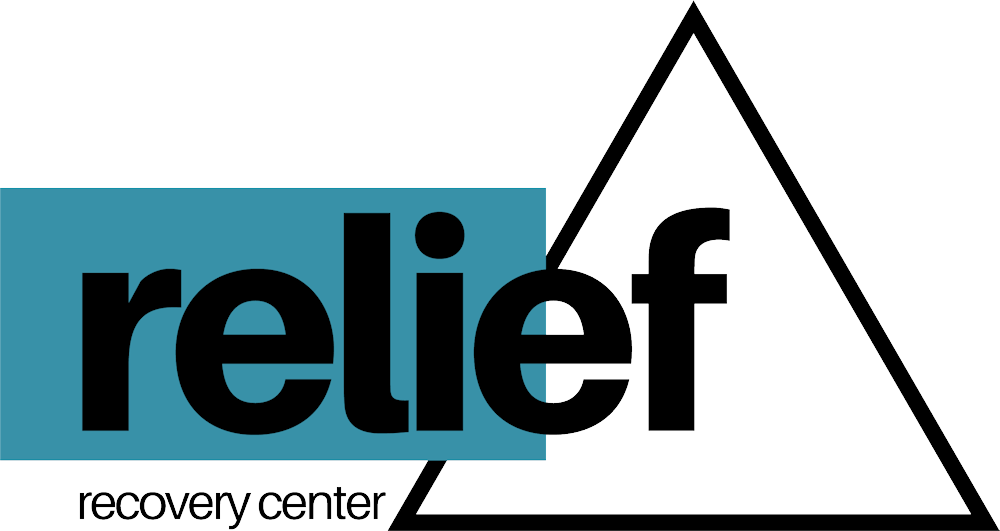Clearing the Path to a Healthier Future
Resources and Coping with the Emotional Impact
When a loved one is struggling with addiction, it can have a profound emotional impact on you and your family. It’s essential to find resources and strategies to help you cope with these challenging circumstances.
Resources and Tips
Here are some valuable resources and tips to navigate the emotional impact of addiction:
- Support Groups: Joining a support group can provide a safe space to share your experiences, gain insights from others who have been through similar situations, and receive emotional support. Organizations like Al-Anon and Nar-Anon offer support groups specifically for family members and friends of individuals struggling with addiction.
- Therapy and Counseling: Seeking professional help from a therapist or counselor can be tremendously beneficial. They can help you process your emotions, develop coping strategies, and provide guidance on how to support your loved one effectively. Therapy offers a confidential and non-judgmental environment to express your feelings and find ways to navigate the challenges you face.
- Education and Information: Educating yourself about addiction can empower you to better understand the nature of the disease and the challenges your loved one is facing. Explore reliable sources, books, websites, and educational materials that provide insights into addiction, its impact, and available treatment options. Knowledge can help you approach the situation with empathy and make informed decisions.
- Self-Care: It’s crucial to prioritize your own well-being while supporting someone with addiction. Engage in activities that bring you joy and relaxation, such as exercise, hobbies, spending time with loved ones, or practicing mindfulness and meditation. Taking care of yourself allows you to maintain your emotional resilience and provide better support to your loved one.
- Boundaries: Establishing healthy boundaries is essential when dealing with addiction. Clearly communicate your expectations and limits while avoiding enabling behaviors. Set boundaries that protect your well-being while still expressing your love and support.
- Open Communication: Encourage open and honest communication with your loved one, but also recognize that you cannot control their choices. Express your concerns and feelings without judgment, listen actively, and encourage them to seek help. However, remember that their journey to recovery is ultimately their responsibility.
- Celebrate Small Victories: Recognize and celebrate any progress your loved one makes towards recovery, no matter how small. This positive reinforcement can boost their motivation and remind them that they have support along the way.
- Seek Professional Guidance: Reach out to addiction treatment centers or helplines to get professional advice and guidance. They can provide information on available treatment options, support groups, and other resources in your community. Don’t hesitate to ask for help when you need it.
Remember, supporting someone with addiction can be emotionally challenging, but you are not alone. Utilize these resources and strategies to take care of yourself, seek support, and navigate this journey with compassion and understanding.
Helping Families Navigate Addiction and Recovery
We understand that you may be feeling frustrated, angry, or helpless, and we want you to know that you are not alone. Duve deeper into specific challenges you may be facing and strategies for overcoming them. Remember, recovery is possible, and with the right resources and support, your loved one can work towards a healthier and happier future.
If You Need Help Overcoming Substance Use, We’re Here to Support You, Just Take the First Step!
Contact Relief Recovery Center for a consultation and begin your journey to recovery. When making a call to Relief Recovery Center you will be greeted by one of our care coordinators who will guide you through a quick and easy process to start you on your path of recovery!
